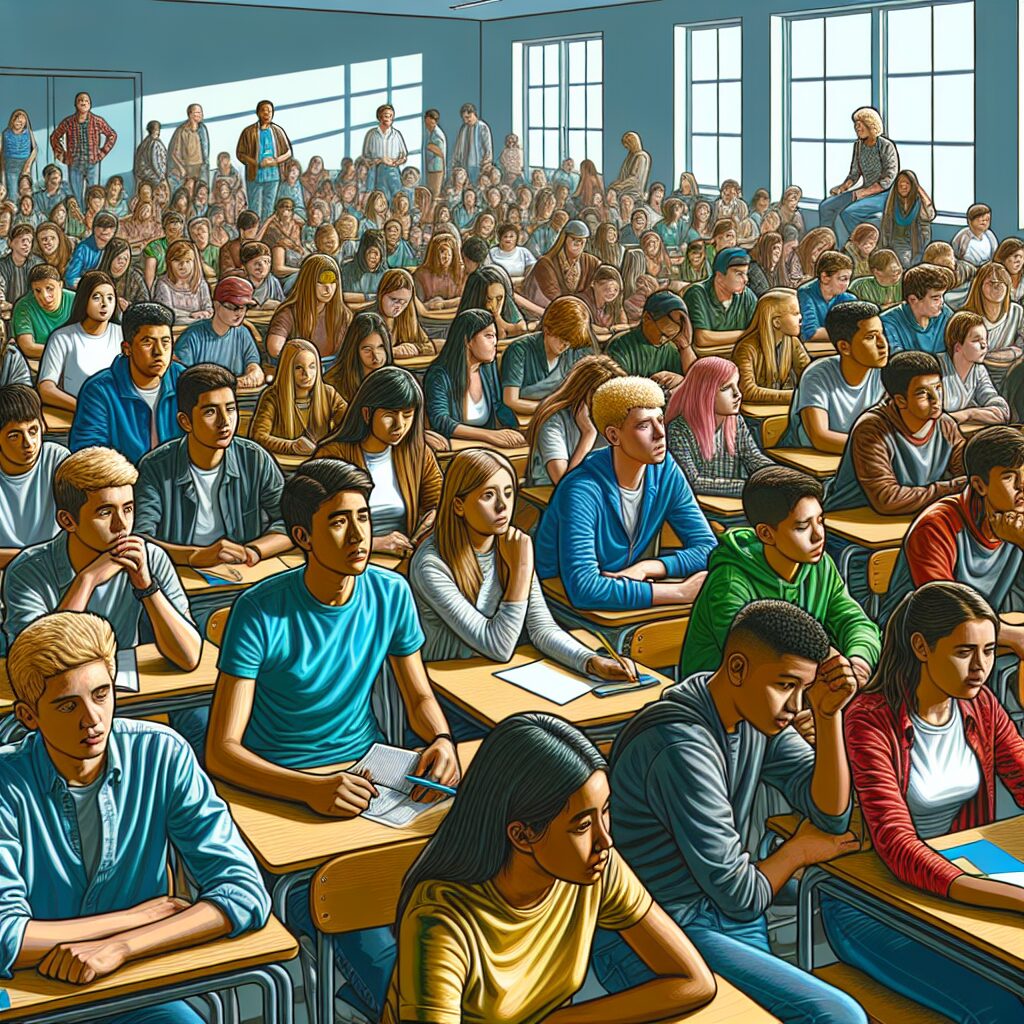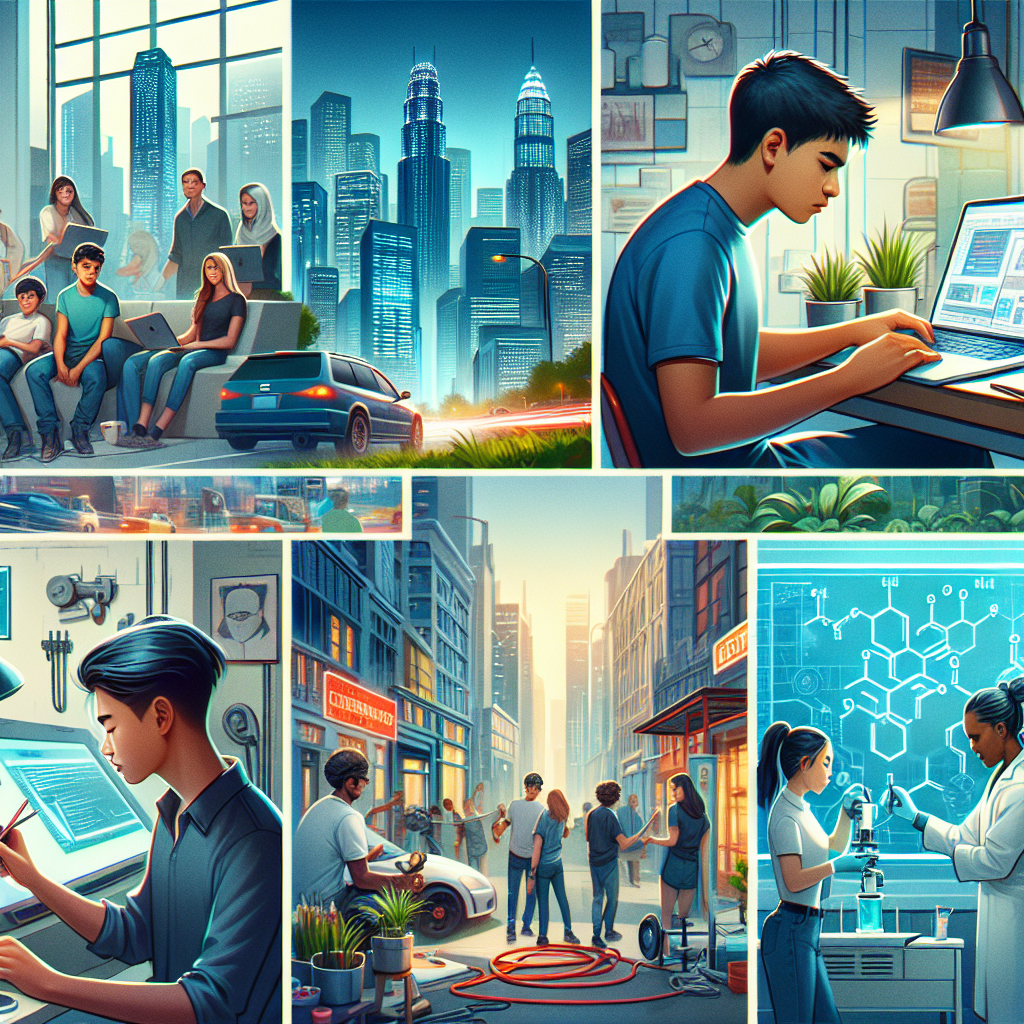
Rethinking GCSE Resits: A Shift Towards Real-World Skills in Education

Are GCSE Resits for English and Maths Really on the Way Out?
Listen up, everyone! The thought of GCSE resits for English and maths could soon be a relic of the past. Yes, you heard that right! Recent results have dipped to the lowest level we’ve seen in a decade. It seems it’s high time for the Government to take a good, hard look at how we’re doing things.
A working group from City Skills is circling around some ideas that could reshape our entire educational landscape. You see, the Curriculum and Assessment Review is set to propose alternatives that genuinely address the needs of our students. But it begs the question: Are we really preparing our young people for the real world?
The Reality Check on GCSE Results
Let’s break this down. Over the years, the approach to GCSE assessments has faced more than its fair share of criticism. With many students struggling to meet the benchmarks, resits have become a common safety net. But are we just putting a Band-Aid on a much bigger issue?
Too often, traditional exams focus on memorising facts instead of nurturing a genuine understanding of concepts. This isn’t just about passing an exam; it’s about equipping our students with the skills they’ll actually need when they step into the world beyond the classroom.
So what changes are on the horizon? The City Skills working group is highlighting the importance of evaluating alternatives that prioritise real-world skills over the old in-and-out rote learning approach. Sounds promising, doesn’t it?
Moving Beyond Rote Learning
Now, let’s talk about this skill development angle. If we’re trying to prepare students for life after school—be it college, apprenticeships, or the workforce—then we need a system that reflects that. We don’t want our young people barely scraping through tests without a clue about how to apply their knowledge in practical scenarios.
Instead of stress-inducing exams, wouldn’t it make more sense to incorporate project-based assessments, simulations, and even vocational training? Imagine a system where students earn credits through real, tangible accomplishments rather than worrying about exam nerves. Sounds ideal, doesn’t it?
As we plunge into this conversation about education reform, I can’t help but reflect on my own school days. I remember fretting over exams but also feeling genuinely excited about projects that allowed creativity and community involvement. It’s those experiences that stick with you.
What Alternatives Could Work?
Let’s entertain a few alternatives that might better equip our future workforce. How about:
- Project-Based Learning: Engaging students in real-life problem solving.
- Mentorship Programs: Pairing students with industry professionals for guidance.
- Skill Competitions: Allowing students to showcase their abilities in practical settings.
These are just a few ideas, but they represent a shift from theory-heavy teaching to real-world learning. The question remains: How do we, as educators and stakeholders, ensure that we aren’t just swapping one flawed system for another? It’s crucial that any new model we adopt prioritises adaptability and creativity.
The Bigger Picture
As we edge closer to these potential changes, let’s keep the conversation alive. What do you think? Are we genuinely ready to leave the resit mentality behind? Or does the traditional exam still hold a place in our educational framework?
Education reform isn’t a simple topic, but the discussion must evolve if we want it to better serve our students. It’s about cultivating a system that not only passes them through but prepares them for life ahead.
So as we sit over coffee, I encourage you to think about your own experiences. How did education shape your career? What changes do you wish you had seen? Let’s reflect on this together, and who knows? Perhaps we can contribute positively to the future of education.
Let’s ignite the discussion, shall we? If you have thoughts about the proposed changes or ideas of your own, feel free to share them below!




